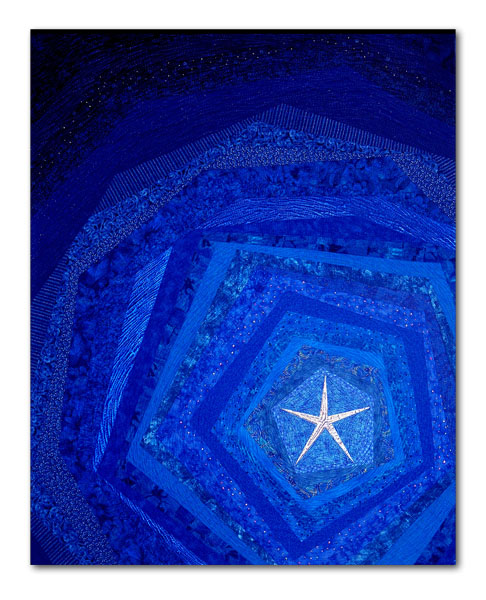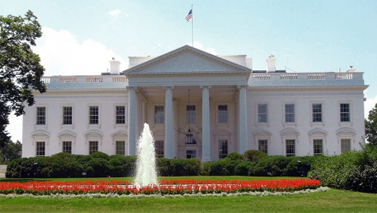Psalm 25
<Of David.>
1 To you, O LORD, I lift up my soul.
2 O my God, in you I trust; do not let me be put to shame; do not let my enemies exult over me.
3 Do not let those who wait for you be put to shame; let them be ashamed who are wantonly treacherous.
4 Make me to know your ways, O LORD; teach me your paths.
5 Lead me in your truth, and teach me, for you are the God of my salvation; for you I wait all day long.
6 Be mindful of your mercy, O LORD, and of your steadfast love, for they have been from of old.
7 Do not remember the sins of my youth or my transgressions; according to your steadfast love remember me, for your goodness’ sake, O LORD!
8 Good and upright is the LORD; therefore he instructs sinners in the way.
9 He leads the humble in what is right, and teaches the humble his way.
10 All the paths of the LORD are steadfast love and faithfulness, for those who keep his covenant and his decrees.
11 For your name’s sake, O LORD, pardon my guilt, for it is great.
12 Who are they that fear the LORD? He will teach them the way that they should choose.
13 They will abide in prosperity, and their children shall possess the land.
14 The friendship of the LORD is for those who fear him, and he makes his covenant known to them.
15 My eyes are ever toward the LORD, for he will pluck my feet out of the net.
16 Turn to me and be gracious to me, for I am lonely and afflicted.
17 Relieve the troubles of my heart, and bring me out of my distress.
18 Consider my affliction and my trouble, and forgive all my sins.
19 Consider how many are my foes, and with what violent hatred they hate me.
20 O guard my life, and deliver me; do not let me be put to shame, for I take refuge in you.
21 May integrity and uprightness preserve me, for I wait for you.
22 Redeem Israel, O God, out of all its troubles.
The Psalms are poetry and many types of poetry rely upon certain forms. One of the forms that Hebrew Poetry seems drawn to is the acrostic, where the poem divides by line or verse by descending letters of the alphabet. Psalms 9 and 10 together form an acrostic poem as do several other Psalms, yet it is a form that lies unseen in the English translations of this Psalm. One of the reasons for using an acrostic is to express a complete thought from A to Z (or from Aleph to Tav in Hebrew).
Many commentators remark upon the disjointed structure of the petitions in this prayer and conclude that the disjointedness comes from the form of the poem (having to start a petition with the next consonant in the alphabet) and divide the Psalm up into distinct units that share themes. Yet, spending some time with Psalm 25, I think the form, content and vocabulary of the Psalm point to a larger picture of the struggle of faith in the space of the ambiguity of life. The Psalm wrestles with the difference between the experience of the faithful one who is praying and their own experience of being put to shame, seeing others who are treacherous succeeding, and wondering about the promises of God’s steadfast love in the concrete experiences of life where that love may seem distant. It is a conversation of faith, not a cheap faith which sprouts up quickly when everything is going right, but the more complex examined faith that still continues to call out to God in the experiences of struggle, guilt and shame.
The petitions begin with the cry out to God and the perceived distance between the life the Psalmist is living and their expectation of what the covenant life would bring. It is a psalm of waiting for the LORD to act and experiencing a time where the Psalmist feels they are, at least for the time, on their own. Their place within the community is threatened by their enemies and their honor and standing is threatened by shame. They have trusted in the LORD and the treacherous ones seem to be prospering. The long struggle of how bad things can happen to good people and the wicked can prosper continues to play out in this Psalm and it is a question of fairness and justice that the scriptures never settle. Yet, the scriptures allow a place for this struggle and for the protest against reality as they are experiencing it.
The petitions in verse four begin to take a new direction within this struggle of reality. The Psalmist cries for God to show them the path they are to walk. They come from the perspective of not understanding the way the world is unfolding before them so they turn their questions back to God, “make me know your ways, teach me your paths, lead me in truth.” The petitioner now moves to being the one requesting guidance, like a student or disciple seeking their master’s wisdom. There is a more introspective tone that emerges as the sins of the past are brought to the seekers mind and they are now the sinner seeking guidance. The petitioner brings to voice their own failings and sins and once again it is to the LORD that they turn, this time for forgiveness. The Psalmist captures the paradox that encompasses life, where in Luther’s famous terms we can at the same time be the sinner and the righteous one calling out for help. So often in the Psalms the life of the poet encompasses the paradoxical reality of being a steadfast one seeking the LORD’s path, the shamed one seeking the LORD’s vindication, the forgiven one who wrestles with guilt and the one who can trust in the LORD’s covenant love even when the treacherous are prospering and causing trouble for the righteous.
In verse twelve the petitions go back to the promises: that God will teach, that God will grant not only prosperity but friendship and will deliver those in trouble from the troubles of the heart and their physical distress. It lifts up before the LORD the promises that have been made and calls upon God to act upon those promises. It presents the difference from the covenant promised and the covenant experienced and asks for God’s intervention to guard and deliver the faithful ones from their foes. The foes may be the foes of the individual petitioner or the foes of the people of God, and yet the trust is that God can and will deliver the faithful ones in their time of need, that the covenant promised will someday become the covenant experienced, and that ultimately the treacherous will not prosper forever. The life of the Psalmist is a life of prayerfully and honestly struggling with the world as they experience it, with their own shortcomings, with their confusion about what God asks of them in their life, with the promises of God and yet holds fast to the trust that God hears and acts. The Psalms allow a space to wrestle with the entire messy reality of life with all of its paradoxes from A to Z (or Aleph to Tav).




